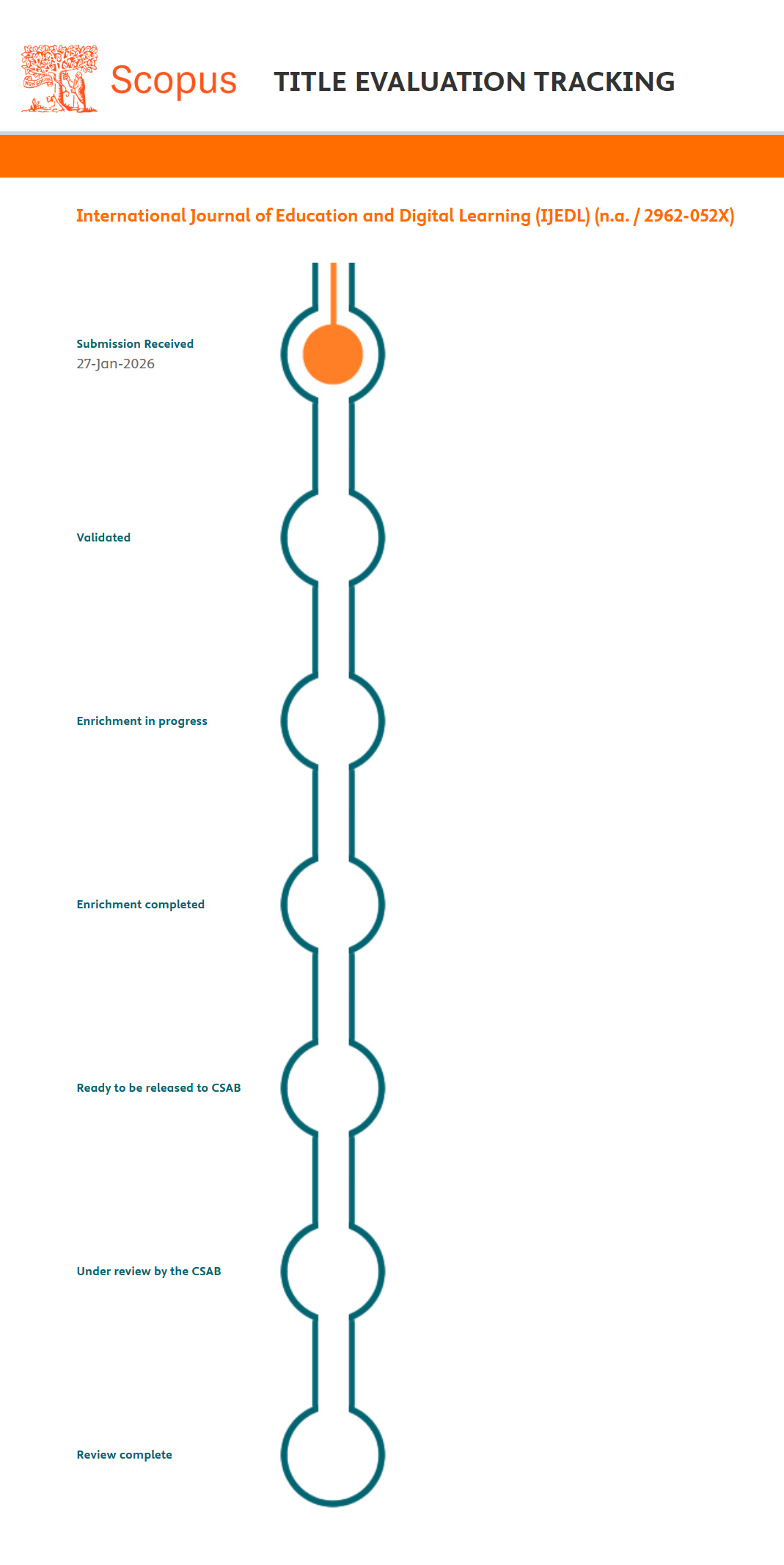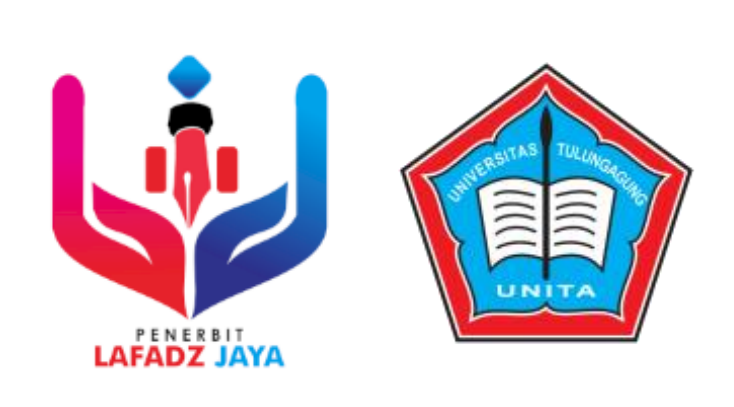Management of Child Friendly Schools To Develop Students Psychological Well Being
DOI:
https://doi.org/10.47353/ijedl.v1i2.9Keywords:
Management, Welfare, Psychological, LearnersAbstract
The background of this research is that the number of violence is increasing, the violence that occurs is not only in the physical but psychological or psychological aspects, and the number of violence that occurs in schools is in the top 3 ranking of violence that occurs in families and alternative care settings. This research is qualitative research with a case study method. The results of this study indicate that 1) Child-friendly school planning is carried out based on the program and there is an obligation to participate in the Adiwiyata School program, 2) Mechanisms for division of tasks and management functions for child-friendly schools are regulated based on a school principal's decision letter, 3) Supervision of child-friendly schools has been carried out by schools since students after attending MPLS, in learning, participation in extracurricular activities and the interactions they build, especially with teachers, friends and their parents, 4) Organizing child-friendly schools is guided by rules, which is one of the components used as a benchmark for achieving friendly schools children is in terms of learning, 5) Obstacles faced related to child-friendly school planning in general there is still a lack of facilities to support child-friendly school programs, especially interesting places to develop their talents and interests, and 6) The solution is to provide learning facilities ber indoor and outdoor facilities that can support the implementation of the learning process.
Downloads
References
Andini. (2019). Identifikasi Kejadian Kekerasan Pada Anak Di Kota Malang. Jurnal Perempuan Dan Anak, 2(1), 13-28.
Arifudin, O. (2022). Teacher Personality Competence In Building The Character Of Students. International Journal of Education and Digital Learning (IJEDL), 1(1), 5–12.
Aspinwal. (2002), A Psychologi of Human Strenghts, Washington, American Psychological Association.
Bahri, A. S. (2021). Pengantar Penelitian Pendidikan (Sebuah Tinjauan Teori dan Praktis). Bandung : Widina Bhakti Persada.
Maslow. (2013). Motivasi dan Kepribadian (Teori Motivasi dengan Pendekatan Hierarki Kebutuhan Manusia). Jakarta: PT. PBP.
OECD. (2019), PISA 2018 Assessment and Analytical Framework, PISA. Paris: OECD Publishing.
Peraturan Menteri Negara Pemberdayaan Perempuan dan Perlindungan Anak RI, Nomor 8 tahun 2014 tentang Kebijakan Sekolah Ramah Anak.
Rahayu, Y. N. (2020). Program Linier (Teori Dan Aplikasi). Bandung : Widina Bhakti Persada.
Ramadhani, dkk. (2016). Kesejahteraan Psikologis Siswa yang Orangtuanya Bercerai, Insight: Jurnal Bimbingan dan Konseling. 5(1), 31-39.
Ryff & Keyes (1995). The Structurs of Psychological well-being Revisited. Journal of Personality and Social Psychology. 69 (4), 719-727.
Rothbart. (2007). Research on Attention Networks as a Model for the Integration of Psychological Science. The Annual Review of Psychology. 5 (8), 1-23.
Sanusi, A., (2017). Sistem Nilai. Bandung: Penerbit Nuansa.
Sugiyono. (2015). Metode Penelitian Pendidikan (Pendekatan Kuantitatif,. Kualitatif dan R&D). Bandung : CV. Alfabeta.
Ulfah, U. (2019). Peran Konselor Dalam Mengembangkan Potensi Peserta Didik. Jurnal Tahsinia, 1(1), 92–100.
Undang-Undang Nomor 20 Tahun 2003 tentang Sistem Pendidikan Nasional.
Undang-undang Nomor 23 Tahun 2002 tentang Perlindungan Anak
Downloads
Published
How to Cite
Issue
Section
License
Copyright (c) 2022 Ulfah Ulfah, Hanafiah Hanafiah, Ujang Cepi Barlian, Nandang Koswara

This work is licensed under a Creative Commons Attribution-ShareAlike 4.0 International License.












